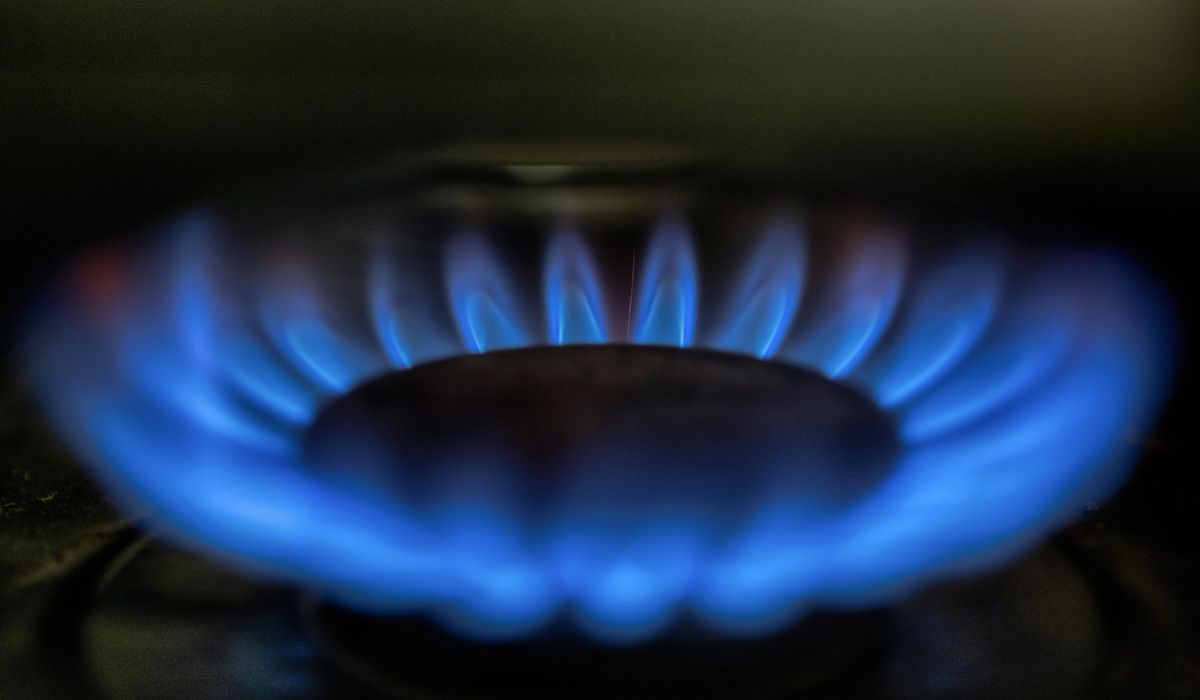


Montgomery County residents are challenging state energy emission regulations they say conflict with federal law and impose unfair cost burdens on businesses and residents.
The lawsuit filed earlier this month argues the state’s energy efficiency regulations for condos, apartments and large buildings with square footage of more than 35,000, are an attempt to preempt the Energy Policy and Conservation Act, a federal law that regulates efficiency of gas appliances.
The state’s Code of Maryland Regulations on Building Energy Performance Standards was passed more than two years ago under the Climate Solutions Now Act of 2022, but benchmarks on how to implement the goal of having net-zero greenhouse gas emissions by 2040 are scheduled to go into effect later this year, in September.
The goal is to eliminate the burning of fossil fuels, which contributes to climate change. Under the law, things like installing LED lighting, using induction cooktops, updating heat and water pumps and replacing energy-inefficient windows would help limit emissions. Critics, though, say that all comes with a heavy cost that condo owners will likely have to foot.
The Democrat-controlled state’s requirements have drawn scrutiny from groups like the Maryland Building Industry Association, the named plaintiff in the suit, which has launched a legal request to enjoin the local requirements.
Under the state regulations, according to The Montgomery Perspective, a local news website, the costs associated with updating windows and other appliances would likely fall on residents of multi-family housing buildings — including elderly residents living on a fixed income.
The lawsuit, which was joined by nearly half a dozen named condo and apartment buildings, says the state “policy is at odds with the needs of Maryland residents, workers, and businesses for affordable, resilient, and reliable energy.”
“Restricting the use of gas-powered cooking ranges, water heaters, furnaces, and other appliances or equipment is fundamentally inconsistent with the public interest, restricts consumer choice, exacerbates the State’s housing crisis, and aims to shift the State’s energy demand to an electric system that is facing both historic and increasing electricity demand and dwindling dispatchable electricity supply,” the lawsuit read.
The challengers, in their lawsuit, cite a similar lawsuit out of California in which the 9th U.S. Circuit Court of Appeals ruled against the City of Berkeley’s ban on gas piping in new buildings. The appeals court in that dispute reasoned the city ordinance was preempted by the federal Energy Policy and Conservation Act.
The federal law was originally passed in 1975 to set energy policy to alleviate reliance on foreign sources, but has been updated by Congress.
The Department of Energy sets standards for some of the covered appliances at issue with the Maryland law — like kitchen ranges and ovens, water heaters, and furnaces.
Judge Deborah L. Boardman, a Biden appointee, has been assigned to the case.
Serena Coleman McIlwain, the secretary of the Maryland Department of Environment, is the named defendant in the lawsuit.
Jay Apperson, deputy director of communications at the Maryland Department of the Environment, said people will actually save money by implementing better energy standards.
“Meeting our clean buildings goals will save people money on their utility bills while also reducing pollution. Investing in energy-efficient products will have a net savings of $4.5 billion by 2050. A third of Maryland buildings covered under the regulation already meet the standards,” he said.
Mr. Apperson said the regulation was developed with input from building owners.
“We are working to provide guidance, technical assistance and other resources to help building owners get started. There is a very long runway to achieve the targets – they are not required to be met until 2030,” he said.
• Alex Swoyer can be reached at aswoyer@washingtontimes.com.
